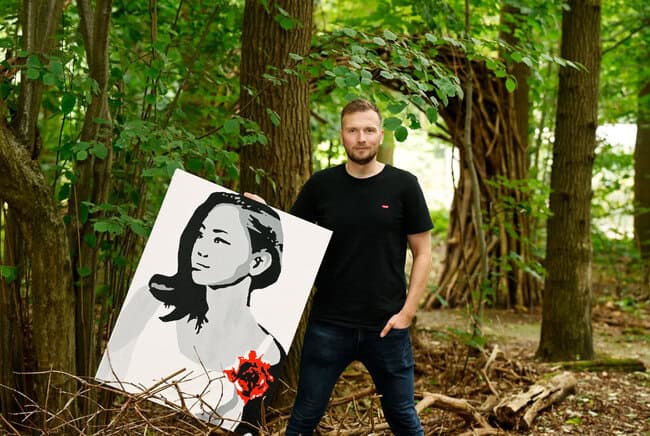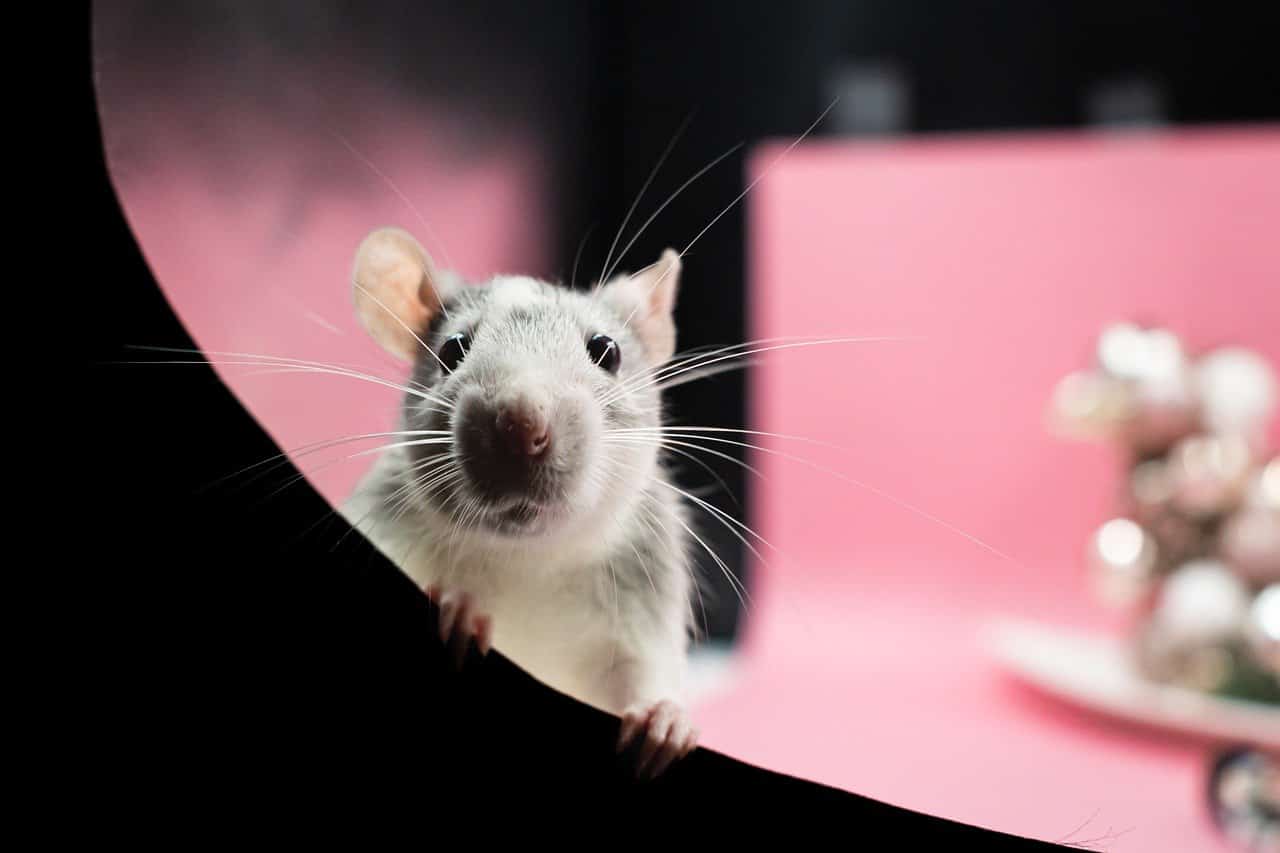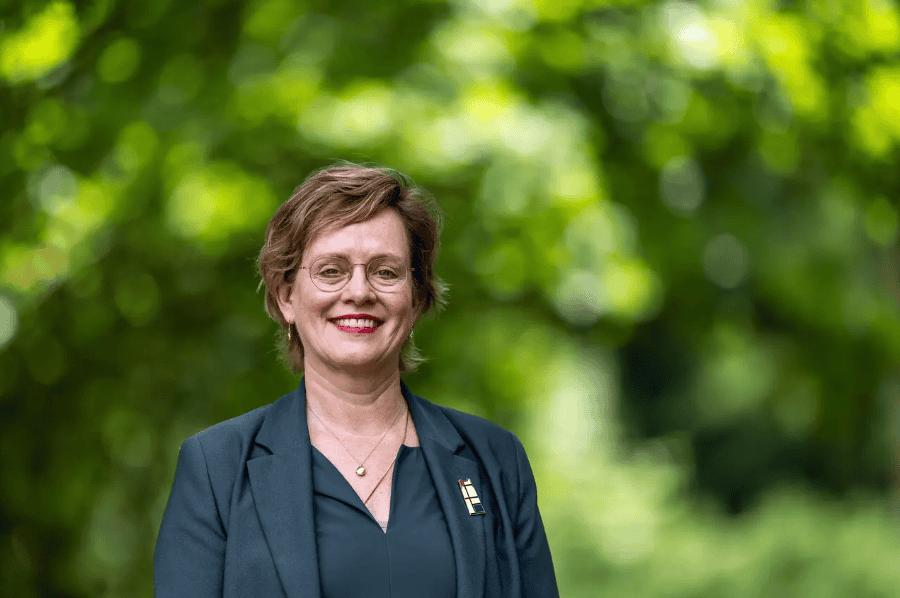
How does Europe unite itself? Seldom by small incremental steps moving forward. Often it looks like the dancing procession of Echternach. Two steps forwards, one leap backwards and then start all over from the beginning again. And if it doesn’t go the way it is supposed to, then it has to go the way it can go, so that after the Euro summit, every head of government can say that she or he really did everything possible, and so it has to go on like this for the time being.
And then come the grand moments when, almost as if by magic, everyone and everything knows that now is the time and they actually go ahead and do it. Then afterwards they look back in astonishment at so much decisiveness, focus, cohesion and effectiveness. If there really is no other way, then it will invariably happen.
When the Berlin Wall fell, the ‘chief of Brussels,’ Jacques Delors, said, “In political life, luck sometimes helps us, but courage always does!” – “La chance parfois, le courage toujours!” As he had a blueprint of his 1992 concept of the Internal Market ready to go, the EU was able to reinvent and redesign itself at an unprecedented pace after November 1989.
Tailor-made solutions
With fits and starts, a breakthrough to a compromise was found precisely on his birthday that managed to reverse the trend. In an existential crisis, it was once again possible to do what had never been possible before. This yielded the ‘Green Deal’, the NextGenEU crisis package, joint investments in Digital Europe, and these were also all made to form a coherent whole.
What’s more, there was a greater emphasis on smarter tailor-made solutions for each member state. It was just as well that this has been practiced. After all, Vladimir Putin had his own plans and seemed to be counting on the ambivalent decadence of the West, in which both Brexit and America under Trump, with his help, had increasingly and deliberately veered away from Europe for the sake of its obsession with China and the ‘Indo-Pacific’.
Political death warrant
Putin made it immediately crystal clear that the patient prosaic language on ‘strategic autonomy’ and ‘ongoing integration’ of a banking union, capital market union, energy union and Digital Europe had to be made concrete and coherent. And please be quick about it! If not, the Union would be signing its own political death warrant, and both Biden and Xi would have to take heed and then act accordingly.
And you could bank on it that Biden and his successor in the White House would do the same. For Europe and the Netherlands within the Union, this also implies something as well. All creative forces and all ingenuity must now be unleashed to dramatically accelerate the energy transition for geopolitically lucid reasons.
That same ingenuity must be able and allowed to flourish so as to be capable of protecting the 27 separate member states whose cyber-infrastructures are still in effect in this very domain. And the national bragging that normalizes an appalling waste of defense efforts must come to an end, and this cannot be done on a voluntary basis and only really ‘top down’.
Free public transport vs higher costs for individual car use
Taboos will have to be broken down. The smartest coal-fired power stations with biomass co-firing will be nurtured for another 10 years or so, as long as PR talk about nuclear power stations – even mini power stations that do not even exist yet anywhere – amounts to nothing more than glossy brochures.
And those who don’t want that shouldn’t moan that no office building, school, hospital, social housing or infrastructure project will get the green light to operate without solar roofs and drastic energy conservation measures. Of course, free public transport in urban and suburban areas will not be able to avoid a significant rise in the costs for individual car use.
New opportunities presented in inspiration for start-ups and daring entrepreneurs
Energy-guzzling sectors with no added value for society, such as cruise tourism and short-haul air travel, will have to be scaled back. A new golden age of fast train connections awaits Europe, and this will not be able to remain merely national networks of local trains. For smart, innovative companies, training courses, ecosystems, start-ups and daring entrepreneurs, this will only offer new opportunities and inspiration.
“La chance parfois, le courage toujours!” And now we are going to see that the British will want to join the EU even faster than Ukraine can accomplish that.
About this column:
In a weekly column, alternately written by Eveline van Zeeland, Eugène Franken, Katleen Gabriels, Carina Weijma, PG Kroeger, Maier-Leppla, Willemijn Brouwer and Colinda de Beer, Innovation Origins tries to figure out what the future will look like. These columnists, sometimes joined by guest bloggers, are all working in their own way to find solutions to the problems of our time. So tomorrow will be good. Here are all the previous articles.








